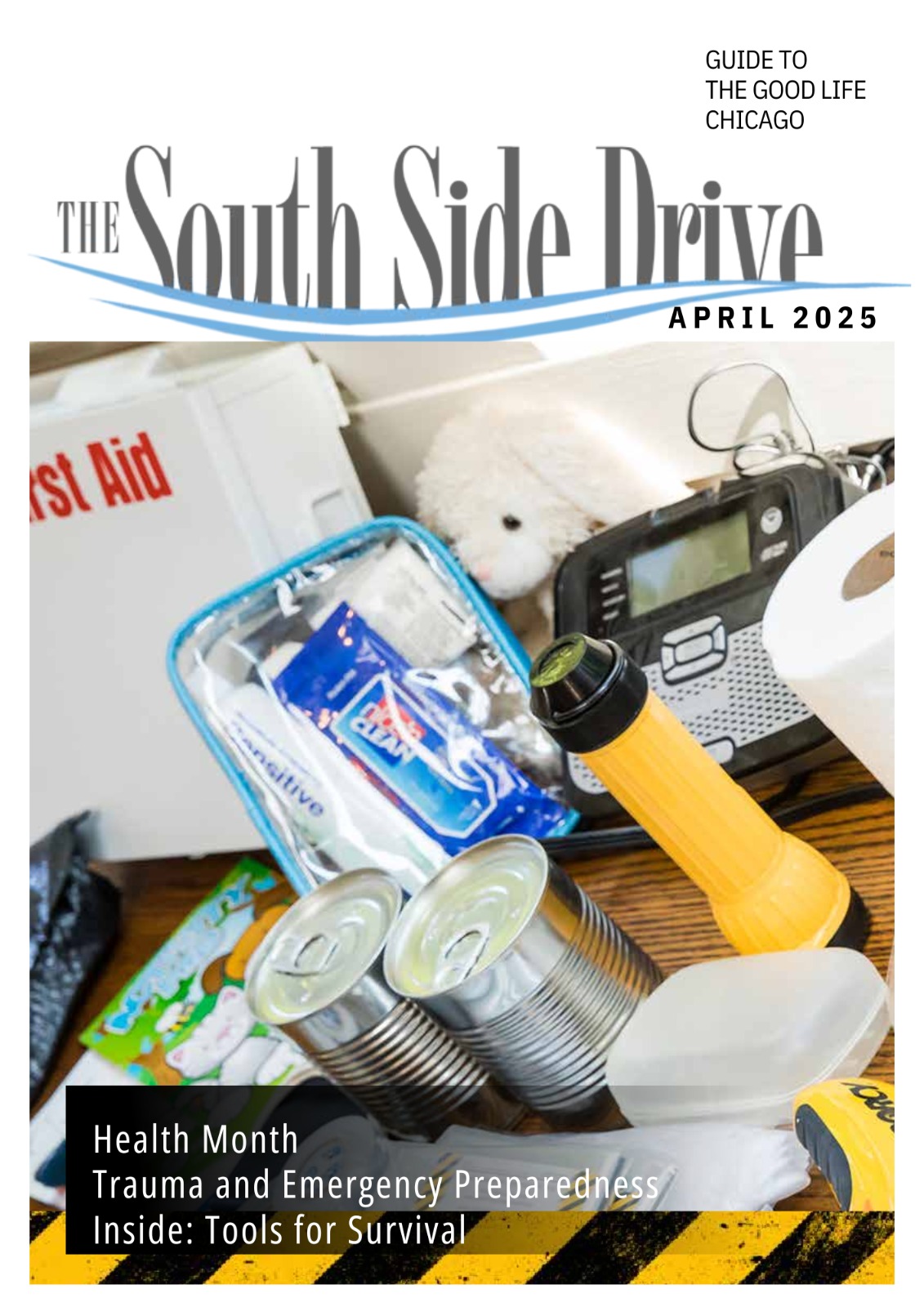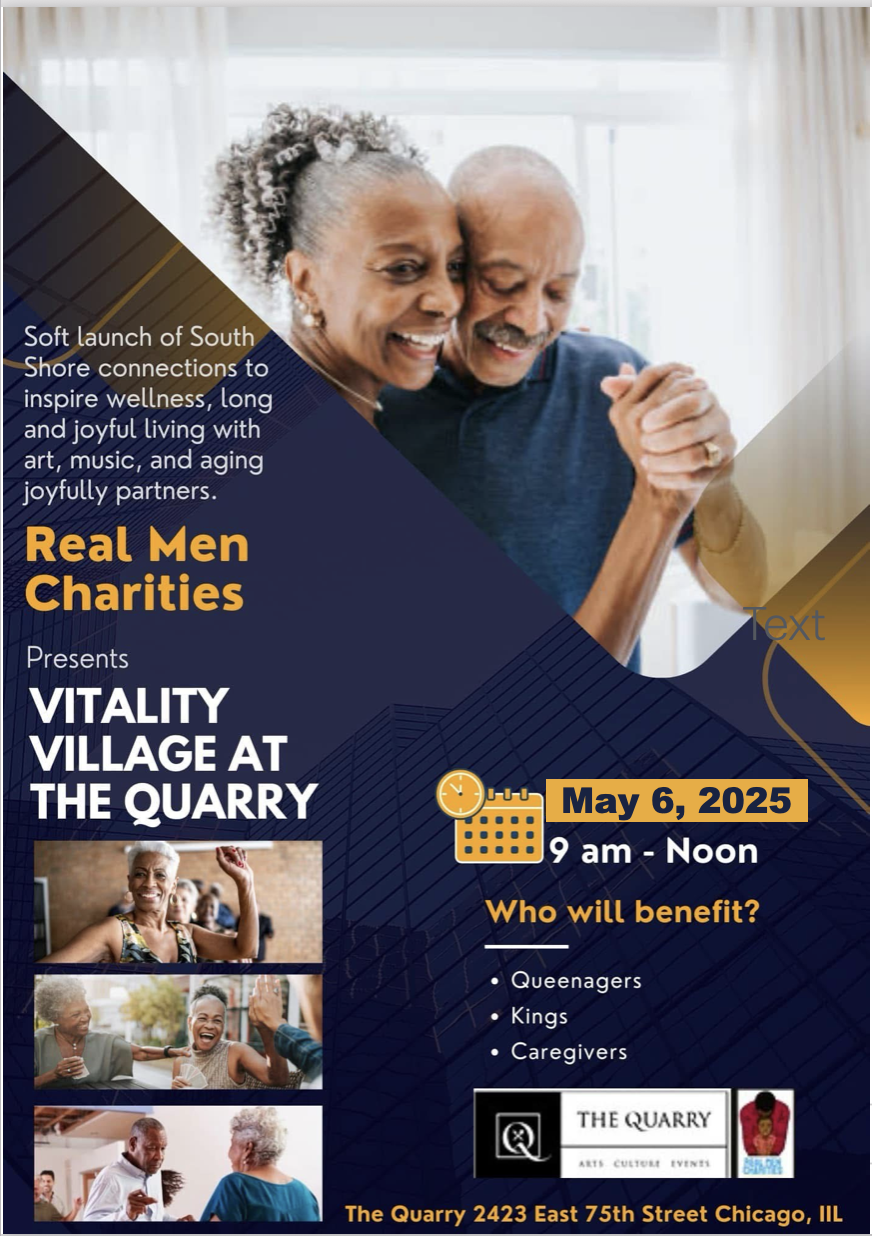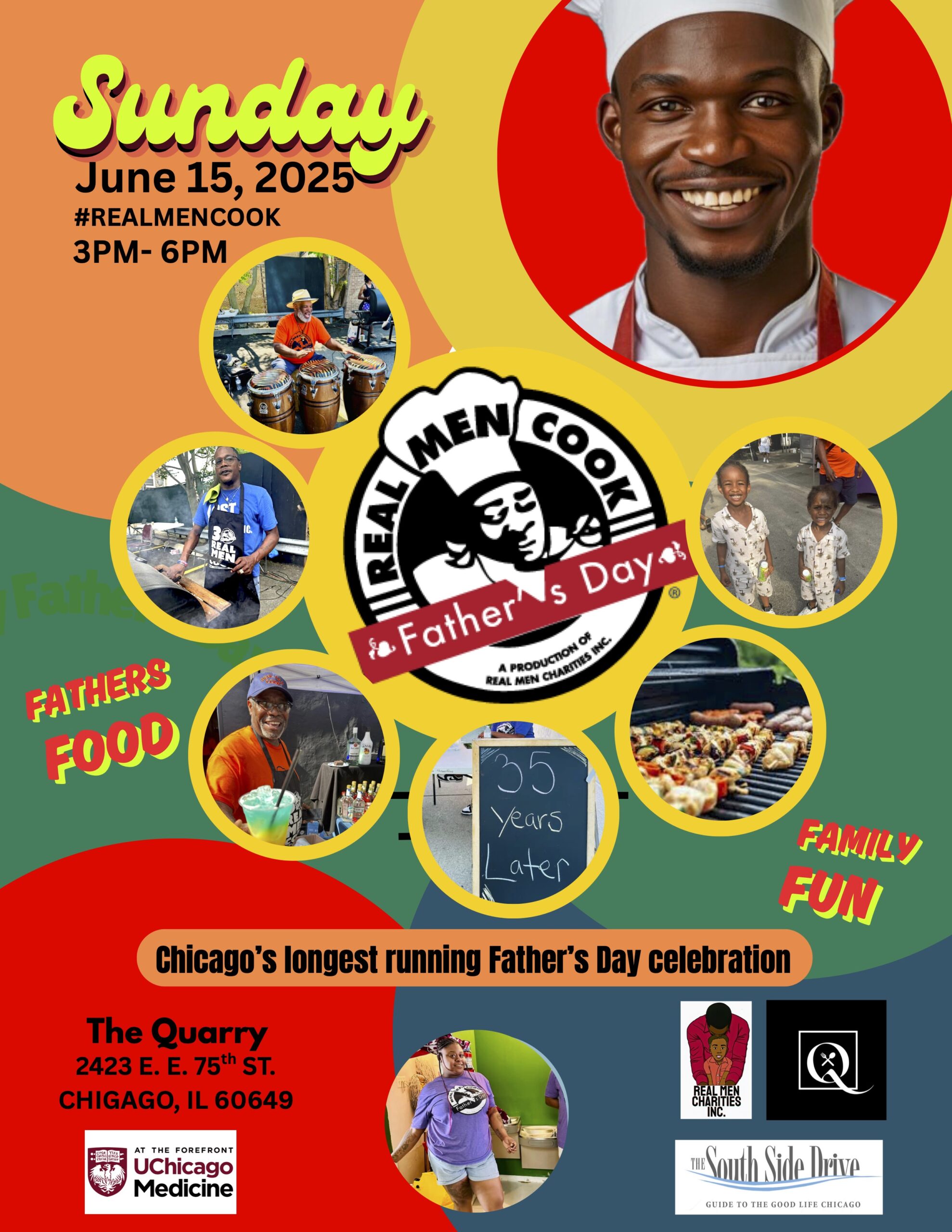South Side Drive reached out to a few community residents to see what they would like the Congressional Black Caucus to address for this session. Here are some of the answers:
Salim Muwakkil, renowned journalist, historian, Senior Editor of In These Times Magazine and host of the Salim Muwakkil Radio Show, presented the following issues:
- More public agitation on issues of Voting Rights,
- Enhanced advocacy on so-called Culture War issues that endanger long sought improvements to the racist exclusions that characterized American education.
- More aggressive advocacy for reducing racial disparities in healthcare coverage for African Americans. Spearhead legislative solutions for issues that disproportionately affect pregnant Black women.
- Advocate for public safety policies that balance police accountability with more efficient enforcement strategies, keeping in mind that Black Americans comprise 13% of the population but make up nearly 33% of the prison and jail populations.
- The CBC must aggressively fight for an increased inventory of housing.
- On Climate Change make a more aggressive attempt to inform the Black community of its stakes in the game.
- Reparations for the legacy of slavery must be fully addressed. Until there is a comprehensive attempt to redress slavery’s debilitating legacy, the prospect of achieving economic and racial parity is highly unlikely.
William P. (Billy) Davis, the Executive Director of the Bronzeille Community Development Partnership had this to say:
“We encourage the CBC Legislative Conference to produce these three deliverables for Chicago:
- Build on Biden-Harris electoral momentum being built up by building American back better – rebuilding our fraying infrastructure, modernizing our energy grid, creating new green energy jobs, reducing student loan debt, revitalizing American manufacturing and strengthening supply chain resilience, delivering up the Justice40 Initiative of directing 40 percent of federal investments flow to disadvantaged communities first.
- Showcase Chicago at the Democratic National Convention yext year. We’d like to see the CBC help blow up those media-driven memes about Chicago as a crime-ridden big city by showcasing who we really are – a successful model of Democratic programs and policies. Use the DNC Convention to show examples of Chicago putting federal infrastructure investments to good use, fighting climate change by modernizing our energy grid behind the CEJA (the most forward-leaning state climate legislation in the nation), eliminating charging deserts, installing EV Charging stations in Black and brown communities, manufacturing electric cars, trucks and buses, rolling out EV shuttles, electrifying our homes and transportation systems, installing solar panels on our bungalows and heating underprivileged communities with solar farms.
- Bring home some Chicago-style bacon to our districts. Our civic agencies, community-based organizations and cultural institutions have been battling to survive through Covid, inflation and cutbacks to already strained budgets. We need our federal delegation to help us ensure federal investments in our economic corridors and small business start-ups. We’re doing our best to identify funding opportunities for community development made possible by the Biden-Harris administration and we could use your help bringing it home to Chicago.
- Form a bi-partisan committee to address Reparations, including apology for slavery and repairing the specific things slavery denied us, i.e., land, education, wealth and universal healthcare and healthcare equity.
- Universal healthcare and healthcare equity, which would include lowering pharmaceutical costs. Although President Biden is already addressing this, we need Congress behind it.
- Ensure that all children are taught the truth of our shared history, or at least everyone’s story, and let the children make up their own minds about what is true, This should not be left up to individual states.
- Address reasonable term and age limits, as well as term limits for the U.S. Supreme Court justices.
- Commission an in-depth investigation of AI and place restrictions on AI development and its programmers.
Stanley Young is a retired Associate Dean of Kennedy-King College and currently Treasurer for the Mayor Harold Washington Legacy Committee. Following are Stan’s comments:
- There should be more outreach and two-way conversations between the CBC and their constituents. That should include regular community forums, newsletters, websites, blogs, etc. Organizations like Indivisible can be used as a model.
- Local offices should be set up throughout the country and young people should be recruited to assist as the workers. Involving them also should be part of a concerted, well-organized effort by the CBC to train the next generation of politicians. They can be organized as interns with rotations, perhaps during their summer breaks, to Washington.
- Surveys, blogs, and forums should be used to identify the communities’ legislative priorities. Perhaps a referendum type approach could be used to narrow priorities to a manageable few.
- Constituents should have the privilege of being allowed to help finance the effort.
William Griggs, Sci-Fi Author, Speaker, suggests the following
- Address the assault on teaching Black History
- Establish initiatives to diminish Black welfare dependence.
- Establish a national data base so police officers who are fired under the most egregious circumstances cannot be hired by another police department.
- Develop national screening techniques, in cooperation with testing companies, Black psychologists and sociologists, to mitigate hiring racist police officers.
Hunter Adams, Cultural Neuroscience Researcher, Author and Activist, presented the following recommendations:
- Confront the misinformation regarding Reparations, and reach out to marketing specialists who are well-versed in the neuroscience of Public Relations campaigns, such as Duarte.com, to deliver the Reparations message.
- Develop a higher well-being index as a measurable index to assess how the living conditions of Black people are improving or worsening.
- Engage advocates with a clinical, social epidemiology and public health background to amplify relevant talking points, such as the fact that a great number of medical professionals unanimously agree that racism is a crucial public health issue.
We hope the CBC will find these comments from the community and your constituents helpful as you engage in the Congressional Black Caucus of the 118th Congress.






